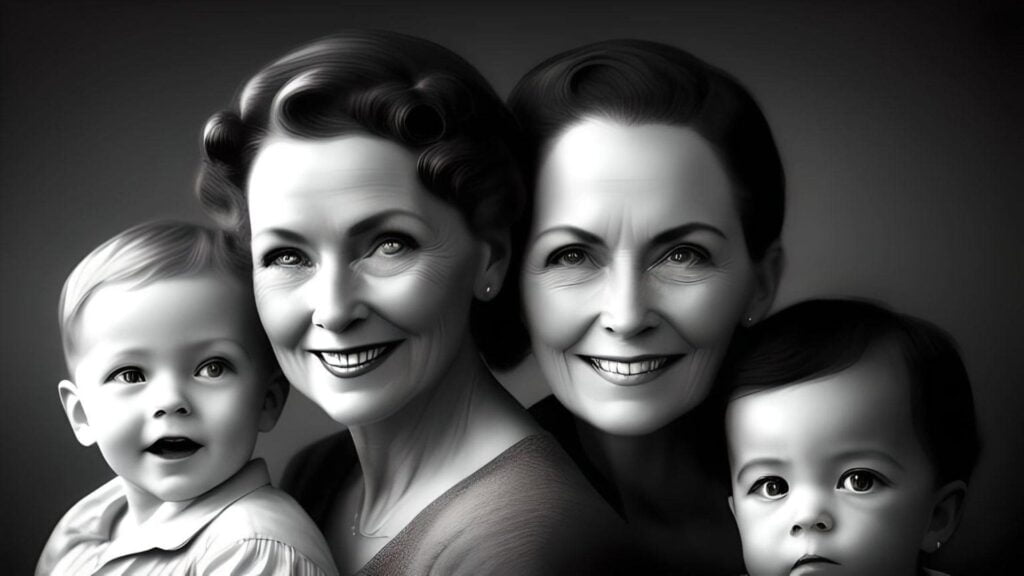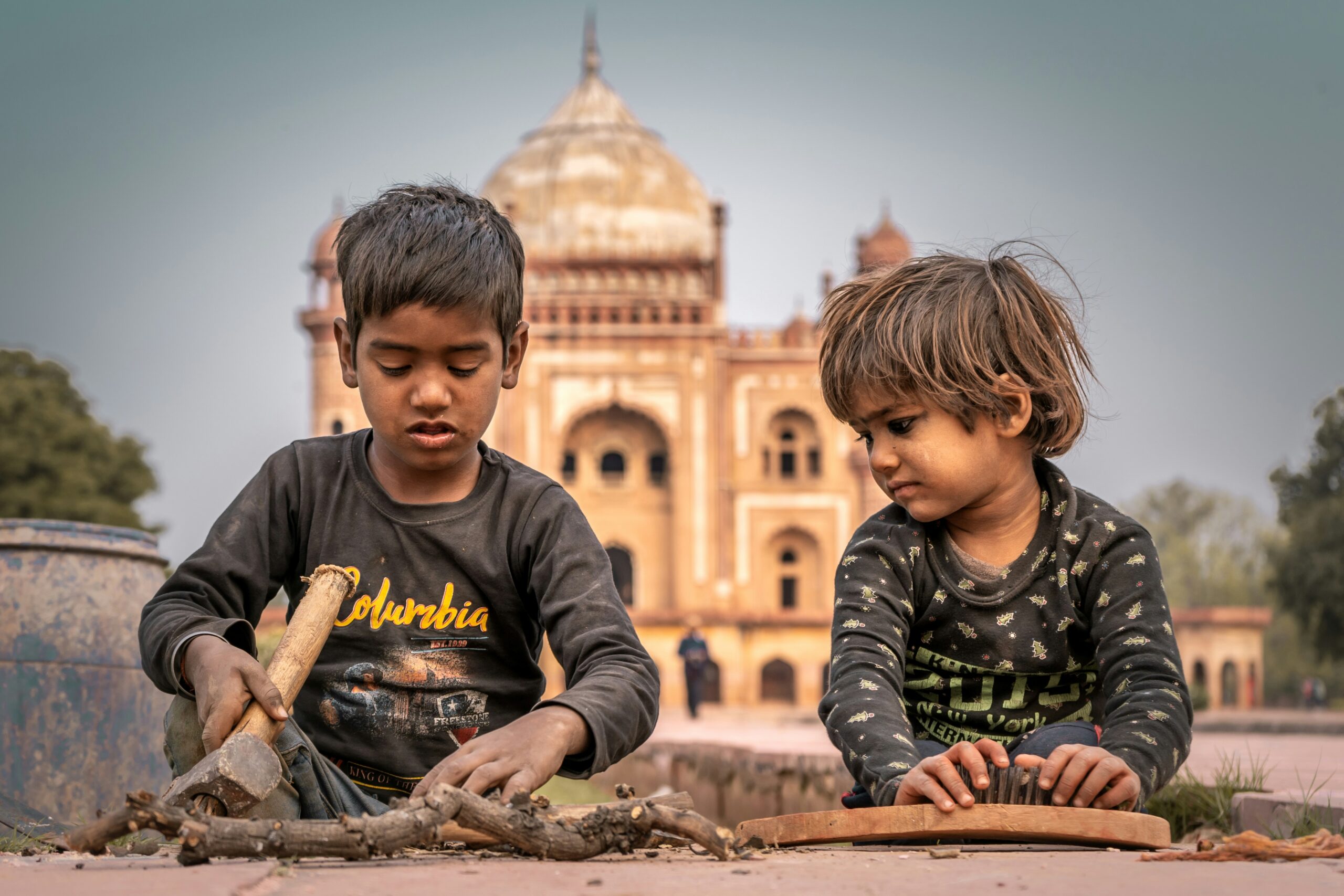Understanding the Significance of the International Day in Support of Victims of Torture
The International Day in Support of Victims of Torture, observed annually on June 26th, serves as a pivotal moment for raising global awareness about the persistent and grave issue of torture. Established by the United Nations General Assembly in 1997, this day marks a collective effort to honor survivors and bolster international solidarity in the fight against torture. The date was chosen to coincide with the anniversary of the entry into force of the United Nations Convention Against Torture and Other Cruel, Inhuman or Degrading Treatment or Punishment, underscoring the global community’s commitment to eradicating torture.
This day is more than just a commemoration; it is a call to action. The United Nations and various international bodies actively engage in activities to highlight the severe impact of torture on individuals and societies. By organizing events, discussions, and educational programs, these organizations aim to promote the importance of human rights and the universal condemnation of torture. The day serves as a reminder that torture, in any form, is a violation of human dignity and must be unequivocally opposed.
The significance of this day lies not only in raising awareness but also in fostering resilience and hope among survivors. It provides an opportunity for survivors to share their stories, thus humanizing the statistics and bringing a face to the issue. Such personal narratives are powerful tools in galvanizing support and encouraging action towards ending torture. Furthermore, the day emphasizes the necessity of providing support resources for healing and rehabilitation, ensuring that survivors receive the care and assistance they need to rebuild their lives.
The International Day in Support of Victims of Torture also serves as a platform for reaffirming the global community’s commitment to human rights. It is a day of solidarity, where nations, organizations, and individuals collectively denounce torture and pledge to uphold the principles of dignity, justice, and humanity. Through these efforts, the day strives to create a world where torture is not only condemned but eradicated, and where survivors can find hope and healing.
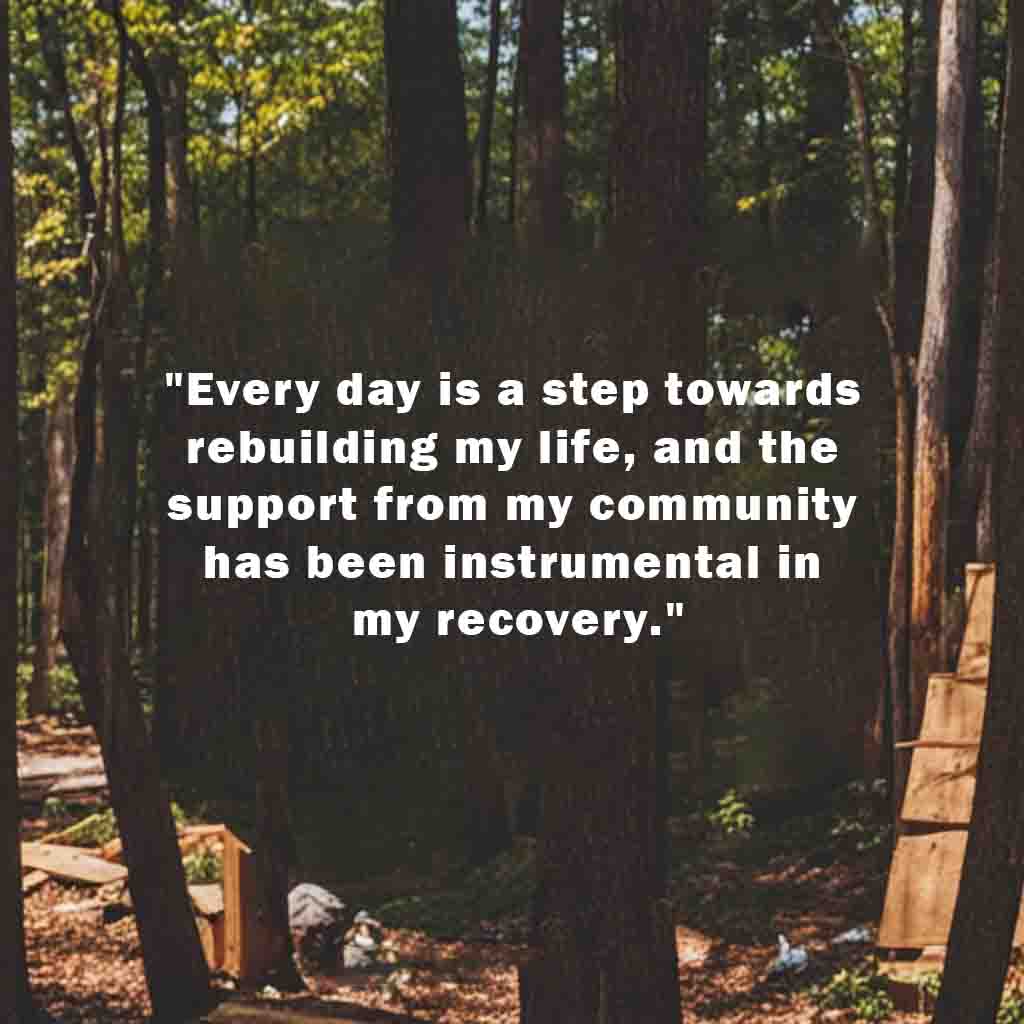
Honoring the Strength and Resilience of Torture Survivors
The journey towards recovery and healing for survivors of torture is a testament to human resilience and strength. These individuals have endured unimaginable suffering, yet their stories are often marked by remarkable courage and an unwavering determination to reclaim their lives. Through their experiences, we gain insight into the profound impact of torture and the vital importance of support resources and rehabilitation programs.
One such story is that of Maria, a survivor who endured torture during a period of civil unrest in her country. Despite the physical and psychological scars, Maria’s journey embodies hope and healing. “Surviving was just the beginning,” she shares. “Every day is a step towards rebuilding my life, and the support from my community has been instrumental in my recovery.” Her story underscores the critical role of solidarity and community in the healing process.
Another powerful narrative comes from Ahmed, who was subjected to torture due to his activism. His resilience and dedication to human rights remain unshaken. “Torture tried to break me, but it didn’t succeed. My spirit is stronger than ever,” Ahmed states. His words serve as a powerful reminder of the indomitable human spirit and the fierce determination to advocate for justice and human dignity.
Human rights advocate, Dr. Elena Martinez, emphasizes the importance of recognizing and honoring the resilience of survivors. “Their stories are not just about suffering; they are about triumph over adversity. They remind us of the enduring human capacity for resilience, and the need for comprehensive support systems to aid their recovery,” she asserts.
These testimonials and quotes highlight the profound strength and resilience of torture survivors. By sharing their stories, we not only honor their experiences but also foster a deeper understanding and empathy for their plights. It is through this recognition and support that we can contribute to their healing and work towards ending torture globally.
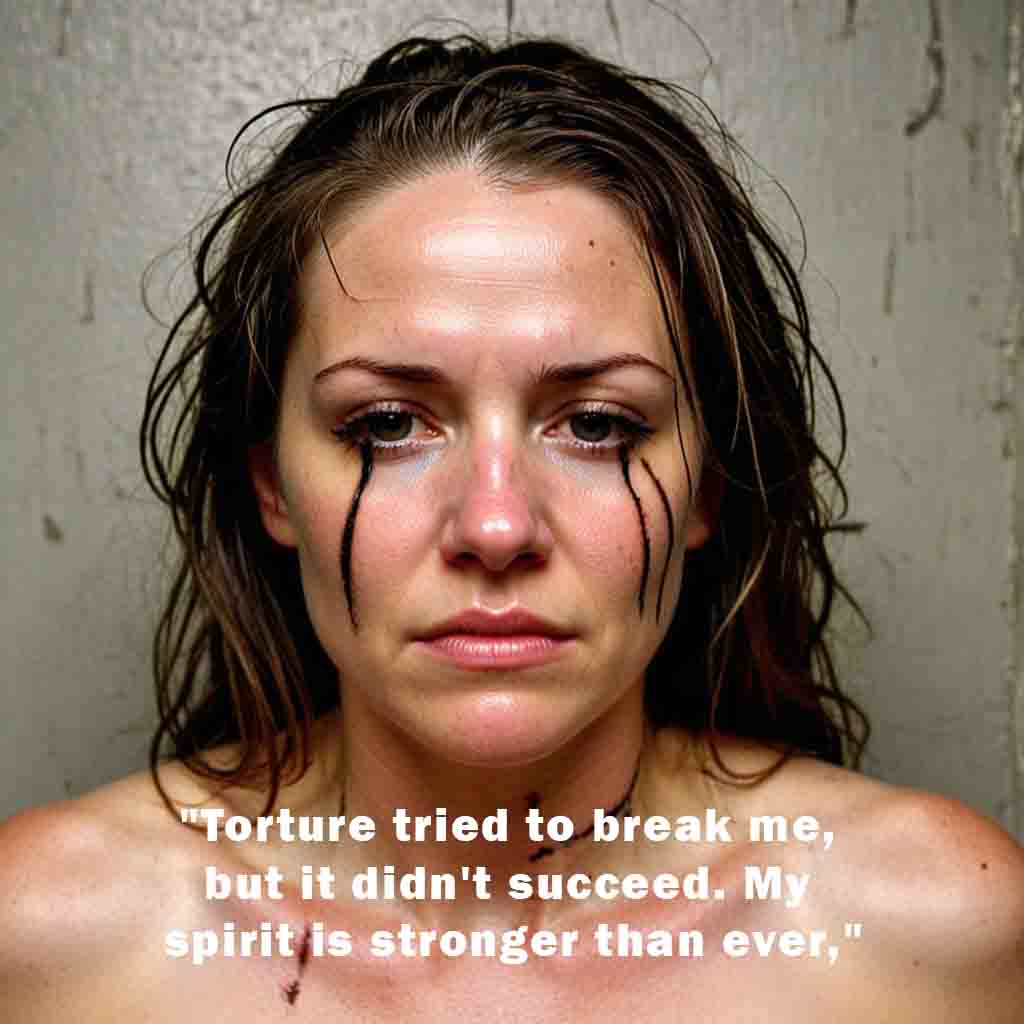
Encouraging Action to Prevent Torture and Support Rehabilitation Efforts
Preventing torture and supporting rehabilitation efforts require concerted actions from both individuals and organizations. One effective way to contribute is by getting involved with advocacy groups dedicated to ending torture and promoting human rights. These groups often organize campaigns, petitions, and events that aim to raise awareness and pressure governments to uphold international standards. Joining these efforts can amplify the collective voice calling for change.
Supporting legislation that aims to prevent torture is another vital step. Advocacy for policies that reinforce accountability, transparency, and the rule of law can create a safer environment for all. Engaging with lawmakers, participating in public consultations, and voting for representatives who prioritize human dignity and human rights can result in significant legislative advancements.
Financial support is crucial for organizations providing direct assistance to survivors of torture. Donations can fund medical care, psychological support, and legal aid, essential for the healing and rehabilitation of survivors. Volunteering time and skills to these organizations can also make a substantial difference, whether through professional services or community outreach programs.
Education and awareness campaigns play a pivotal role in changing public perceptions and fostering a culture of zero tolerance towards torture. By sharing information, hosting workshops, and participating in public discussions, individuals can help demystify the impact of torture and highlight the importance of human rights. The more informed the public is, the more robust the societal rejection of torture becomes.
“The only way to deal with torture is to confront it and eradicate it,” said Kofi Annan, emphasizing the importance of proactive measures. In the words of Nelson Mandela, “To deny people their human rights is to challenge their very humanity.” These powerful quotes from influential figures galvanize the necessity for collective action and solidarity.
In conclusion, it is through united efforts that we can hope to end torture and support those who have suffered. Collective action, advocacy, education, and financial support are fundamental pillars in this ongoing struggle for justice, dignity, and human rights.
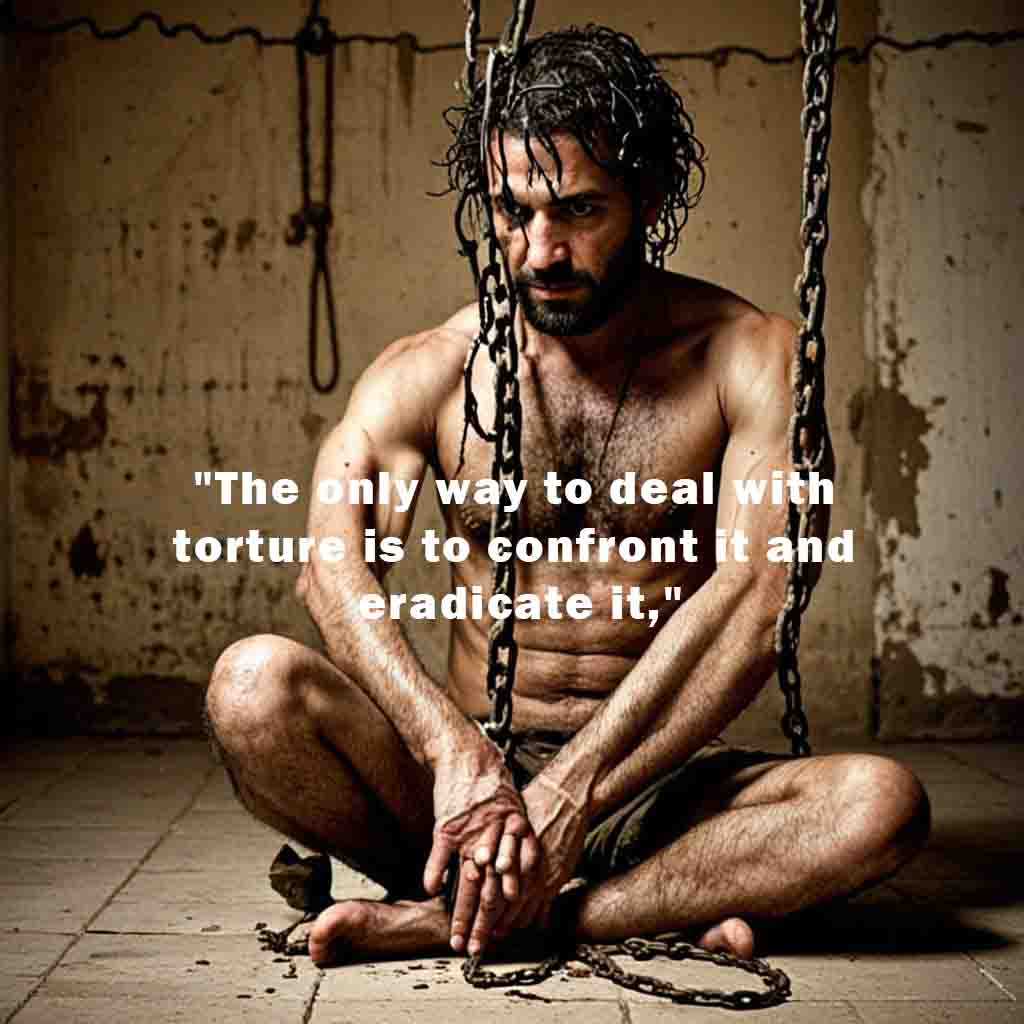
Quotes to Inspire Change and Spark Discussion
“Hope is being able to see that there is light despite all of the darkness.” – Desmond Tutu. This quote captures the essence of resilience and the unwavering spirit of torture survivors. Despite the immense suffering they have endured, their ability to hold onto hope is a testament to human strength and determination. It reminds us of the critical importance of fostering hope and providing support resources to aid in their healing journey.
“The only thing necessary for the triumph of evil is for good men to do nothing.” – Edmund Burke. This powerful statement underscores the role of each individual in the fight against torture. It calls for action and solidarity, urging everyone to take a stand and contribute to ending such human rights violations. Whether through advocacy, education, or donation, our collective efforts can make a significant difference.
“Where there is no vision, there is no hope.” – George Washington Carver. Vision and hope are interconnected, especially for those who have survived the horrors of torture. By envisioning a world free from torture, we can inspire action and drive change. This quote encourages readers to imagine a future where human dignity is upheld, and to actively work towards making that vision a reality.
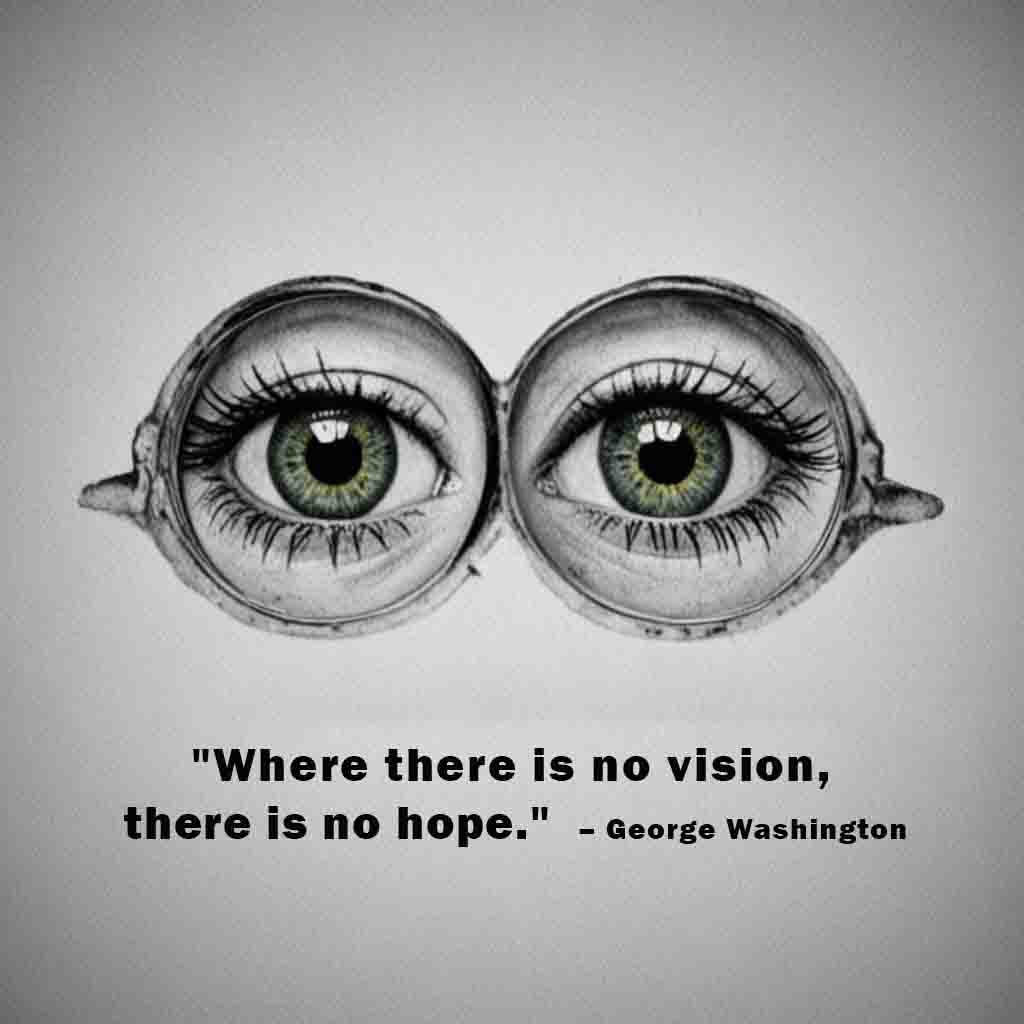
“Each time a man stands up for an ideal, or acts to improve the lot of others, or strikes out against injustice, he sends forth a tiny ripple of hope.” – Robert F. Kennedy. This quote beautifully illustrates the ripple effect of activism. Small acts of courage and support can lead to monumental changes, promoting healing and ending torture. It calls on every individual to contribute in their own way, creating waves of change that resonate globally.
In sharing these quotes, we hope to inspire reflection and discussion on the severity of torture and the resilience of survivors. We encourage you to share these quotes on social media, learn more about torture prevention, and support organizations dedicated to this cause. Together, we can raise awareness, honor the dignity of survivors, and work towards a world where torture is eradicated.





